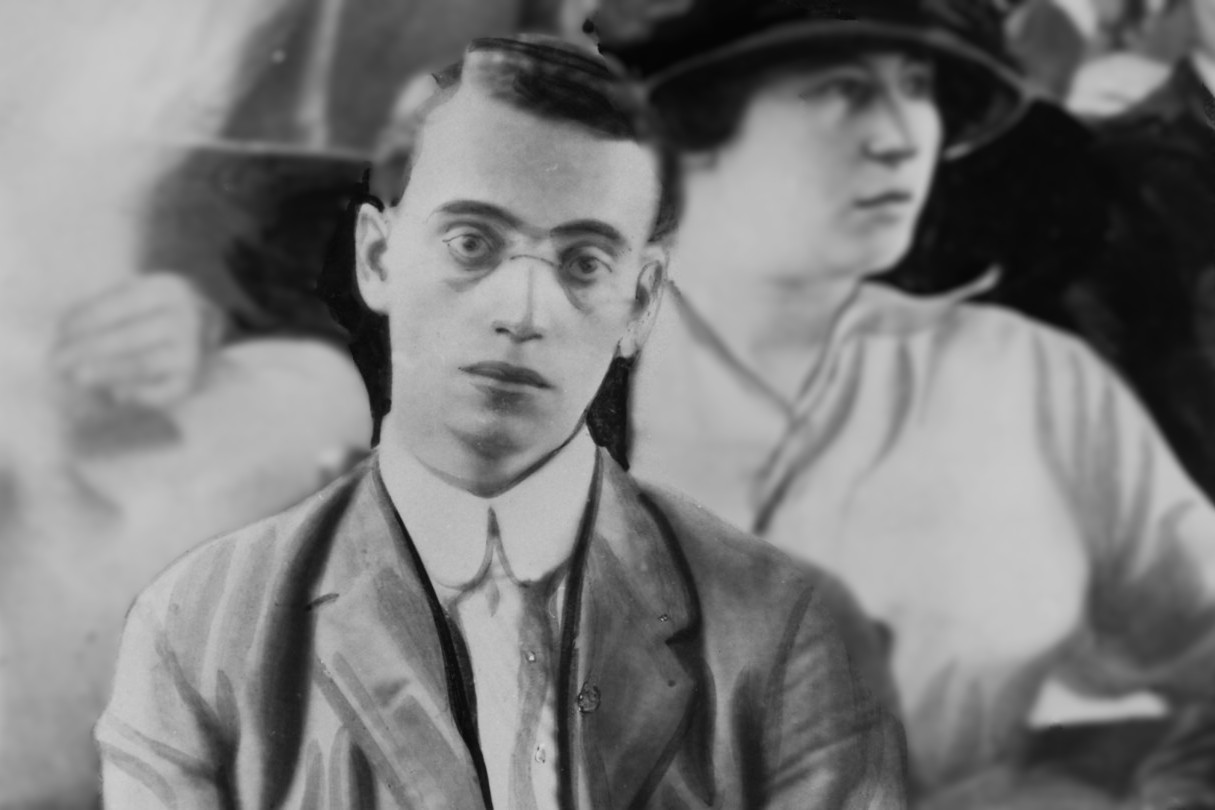
Who was Leo Frank? Leo Frank was a Jewish-American factory superintendent in Atlanta, Georgia, who became the center of one of the most infamous and controversial trials in American history. In 1913, he was accused and convicted of the murder of Mary Phagan, a 13-year-old factory worker. The trial was marred by sensationalist media coverage, questionable evidence, and rampant anti-Semitism. Frank's conviction led to a death sentence, later commuted to life imprisonment by the governor. However, a lynch mob kidnapped and murdered him in 1915. This case sparked national outrage, leading to the formation of the Anti-Defamation League and highlighting deep-seated prejudices in early 20th-century America.
Who Was Leo Frank?
Leo Frank was an American factory superintendent whose trial and lynching in the early 20th century became a pivotal moment in U.S. history. His case highlighted issues of anti-Semitism, media influence, and justice.
-
Leo Frank was born in Texas. He entered the world on April 17, 1884, in Cuero, Texas. His family later moved to Brooklyn, New York, where he grew up.
-
He graduated from Cornell University. Frank earned a degree in mechanical engineering from Cornell in 1906, showcasing his academic prowess.
-
Frank managed a pencil factory. He moved to Atlanta, Georgia, to manage the National Pencil Company, where he became a respected member of the business community.
The Trial of Leo Frank
The trial of Leo Frank became one of the most sensationalized and controversial legal cases in American history.
-
Frank was accused of murder. In 1913, he was accused of murdering Mary Phagan, a 13-year-old factory worker, on April 26.
-
The trial attracted massive media attention. Newspapers across the country covered the trial extensively, often with sensational headlines that influenced public opinion.
-
Frank was convicted. Despite weak evidence and questionable testimonies, Frank was found guilty and sentenced to death on August 25, 1913.
The Role of Anti-Semitism
Anti-Semitism played a significant role in the trial and its aftermath, affecting public perception and the legal process.
-
Frank was Jewish. His Jewish heritage made him a target for anti-Semitic sentiments, which were prevalent in the South at the time.
-
Anti-Semitic rhetoric was used during the trial. The prosecution and media often used anti-Semitic language to sway the jury and public opinion against Frank.
-
The case led to the revival of the Ku Klux Klan. The trial and subsequent events contributed to the resurgence of the KKK, which capitalized on anti-Semitic and racist sentiments.
The Lynching of Leo Frank
The aftermath of the trial took a dark turn, leading to Frank's tragic end.
-
Frank's death sentence was commuted. In 1915, Georgia Governor John Slaton commuted Frank's sentence to life imprisonment, citing doubts about his guilt.
-
A mob kidnapped Frank. On August 16, 1915, a group of men broke into the prison where Frank was held and abducted him.
-
Frank was lynched. The mob hanged Frank from an oak tree in Marietta, Georgia, Mary Phagan's hometown, on August 17, 1915.
The Legacy of Leo Frank
The case left a lasting impact on American society and the legal system.
-
The Anti-Defamation League was founded. In response to the trial and lynching, the ADL was established in 1913 to combat anti-Semitism and other forms of bigotry.
-
Frank was posthumously pardoned. In 1986, the Georgia State Board of Pardons and Paroles issued a posthumous pardon, acknowledging the state's failure to protect him.
-
The case inspired numerous works. Frank's story has been the subject of books, plays, and films, reflecting its enduring significance in American history.
The Legacy of Leo Frank
Leo Frank's story is a powerful reminder of the dangers of prejudice and the importance of justice. His trial and subsequent lynching highlighted deep-seated issues of anti-Semitism and racism in early 20th-century America. Despite the tragic end, Frank's case sparked significant changes, including the formation of the Anti-Defamation League, which continues to fight against hate and discrimination today. His legacy lives on as a symbol of the ongoing struggle for civil rights and equality. By remembering Leo Frank, we honor the progress made and recognize the work still needed to ensure justice for all. His story isn't just a piece of history; it's a call to action for future generations to stand against injustice and uphold the principles of fairness and equality.
Was this page helpful?
Our commitment to delivering trustworthy and engaging content is at the heart of what we do. Each fact on our site is contributed by real users like you, bringing a wealth of diverse insights and information. To ensure the highest standards of accuracy and reliability, our dedicated editors meticulously review each submission. This process guarantees that the facts we share are not only fascinating but also credible. Trust in our commitment to quality and authenticity as you explore and learn with us.
